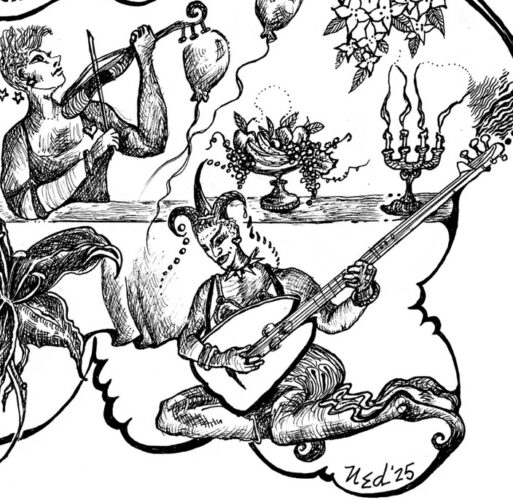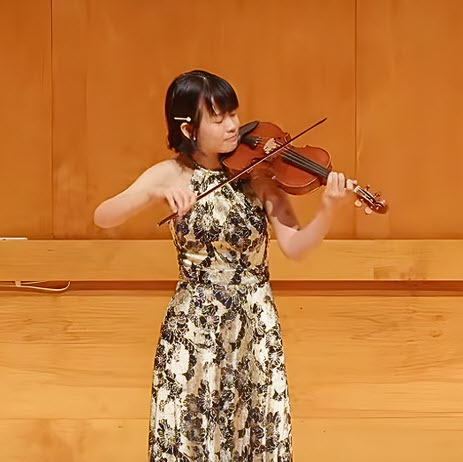by Nathan Mondry
Published September 23, 2024
A keyboardist in Juilliard’s Historical Performance program went on tour in April with the ensemble and shares his reflections.
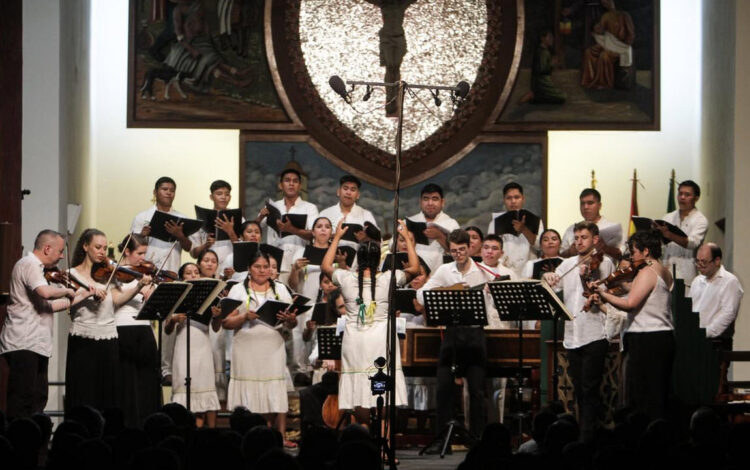
I’ve had well over a month to write whatever you are reading now, and up until recently, only about 100 words to show for it (very few of which remain). I’ve kept the Pages application on my Mac open throughout. Despite a week’s worth of journaled experiences with Juilliard415 ensemble in Bolivia, for the International Festival of Renaissance and American Baroque Music known as “Misiones de Chiquitos,” converting these diary entries into the right narrative has proven challenging.
Should I focus on the beautiful 18th-century churches that we encountered? The cross-cultural interactions, particularly between J415 and the Urubichá choir? A peek behind the rehearsal curtain? These and other story lines continually bopped around in my head, but, lately, dogs are on the mind. (Sure, my best friend in the U.S. has a dog, Riley, whom he taught to “play Couperin,” whereby she would paw an unconventional continuo voicing at the harpsichord; however, this was before his current, nicer, instrument. To my knowledge they haven’t attempted Couperin since.)
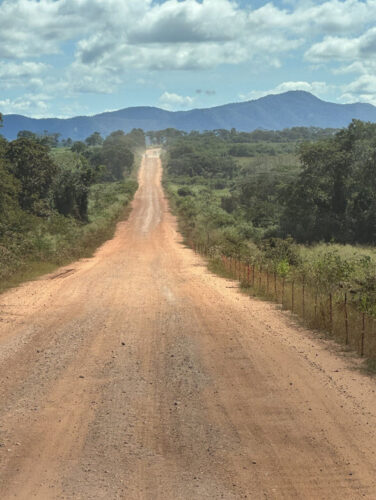
In one of our many long bus rides over Bolivian dirt roads, I remarked to a videographer embedded within the travel group that, after a few days here, I hadn’t seen a single dog on a leash. He chuckled, confirming that in this part of the world, “the dogs walk themselves.” In most places we went, feral dogs were the norm, either friendly or minding their own business. Memorably, during the last J415 concert in San Ignacio, a dog approached the musicians in between a set break to the great amusement of audience and performers alike.
In the cities and bigger towns, the dogs may walk themselves, but on lonely country roads in the dead of night, they also run. During our stay in San José, as the group enjoyed a post-concert dinner which showed no sign of stopping, I had had enough. I said my goodbyes and started the walk back to the hotel. In retrospect, leaving alone, to journey in the middle of nowhere, in a country whose language I don’t speak, under a midnight moon, seems like a recipe for disaster. As I continued down the road, the sounds of the natural world (an occasional motorcycle excepted) gradually filled my ears, with the howling of night dogs at the forefront. The danger became real when I counted not one, not two, but five dogs suddenly in my line of sight, about 100 yards ahead. Years of conservatory training and knowledge of obscure treatises and 4-5 finger trills would not help me in this moment.
Of course, any musician who has played long enough knows that the practice room and the concert stage are not the same thing. One rehearses not to replicate something from the practice room on stage, but to be ready for what may happen in that moment, though even if you try to plan for every scenario, new things can pop up at any time. As someone who has tuned a harpsichord well over a thousand, or ten thousand, times, I consider myself able to do it in most adverse conditions. However, when you have to do so at 9 p.m. in a hot and humid church filled with 500 loud people while consuls and mosquitos breathe down your neck as everything is already incredibly delayed — let’s just say that harpsichord maintenance manuals don’t have any chapters for that.
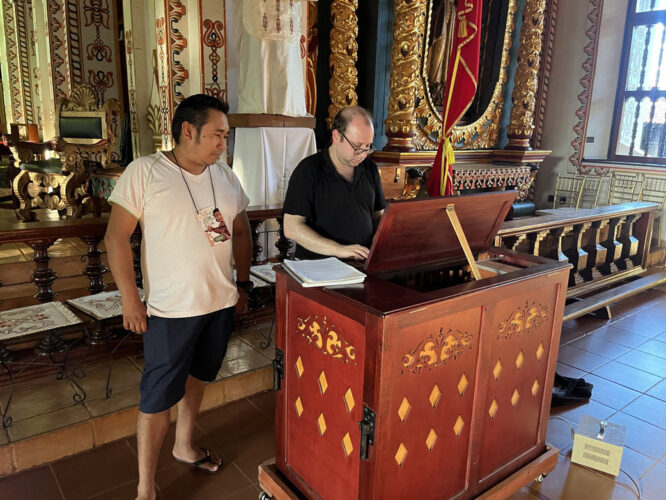
When I noticed those five dogs, I scanned the landscape for alternate paths, but this was the only road that didn’t involve terrain tremendously more advantageous to quadrupeds. “Maybe they’re friendly, or won’t bother me,” I thought. So I resumed walking forward, only to be met with fresh growls. After stepping back and waiting a minute, I began my attempt number two, going a little further this time; the closest dog walked towards me, and my fight or flight instincts were locked and loaded in the direction of full-scale retreat. It was time to reassess.
Playing continuo at a keyboard instrument is a necessarily flexible endeavor, tailored towards circumstances. I often complain it’s among the most thankless tasks in a recording session; most other musicians have a specific goal and sound in mind, with little bits of variation here and there, but I’m cursed wanting something different each time I play. Without getting too technical, one parameter of contention among harpsichordists is the number of notes to play at any given time for all sorts of reasons. C.P.E. Bach advised that when playing on organ in recitative with other sustained instruments, one should generally play chords shortly, in part to mitigate chromatic sonorities that would sound disagreeable if held. One could logically expand this principle to suggest that, if a harpsichord or any continuo instrument is so poorly tuned (as I feared with my mosquito-laden concert prep), one should pick many chords in which not to play at all — as I felt compelled that evening.
Snarky comments aside, the choice to play some musical moments tasto solo — without chords, or left hand only — or not at all, whatever the tuning situation may be, is surely one way I have grown as a continuo practitioner. The younger me, eager to play and make my presence known, would look for any excuse to add a thicker chord or trill or scale segment, all of which are well and good, although sometimes less is more. Rather than run head first into the action, we must wait for our moments.
Nervous and tired though I was, I knew no scenario where I would be able to outrun these dogs. Thankfully, as a few more motorcycles zoom down the road, the pack gradually scattered. After about 10 minutes of waiting for my moment, I almost made it to the hotel, with only one dog still patrolling. Once they were distracted, I beelined it for the front door.
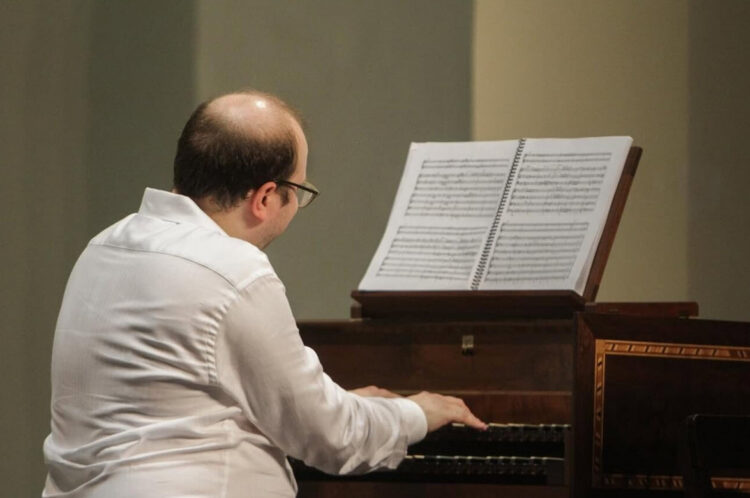
In wrapping up these thoughts, I went back to the well of C.P.E. and his famous Versuch über die wahre Art das Clavier zu spielen. I won’t torture my readers with the original Gothic-type German, but will quote him from an English translation: “It is worth repeating that the refinements of accompaniment need not consist of inappropriate rapid figuration and embellishments, with which some accompanists distort the melody of the bass…[t]he most usual expression that is used to describe a good accompanist is, ‘He accompanies with discretion.’ Such praise has an inclusive meaning: it amounts to saying that the accompanist can discriminate and hence fashion his setting according to the nature of a piece, the number of its parts, the other performers, especially the principal performer, the instruments, voices, place, audience, etc…”
Still in a haze from my almost-fatal encounter, it hit me: My Dog Date with Destiny was just continuo playing in the wild! I assessed the nature of the situation, the number of voices (or dogs), and most of all, recognized it was a moment for tasto solo, not rapid figuration and embellishments. OK, the analogy doesn’t quite match. But maybe the old treatises and our natural instincts have more in common than I thought…
Nathan Mondry is a harpsichord student in Juilliard’s Historical Performance department. Additionally, he writes music in old styles and performs with a variety of ensembles.

